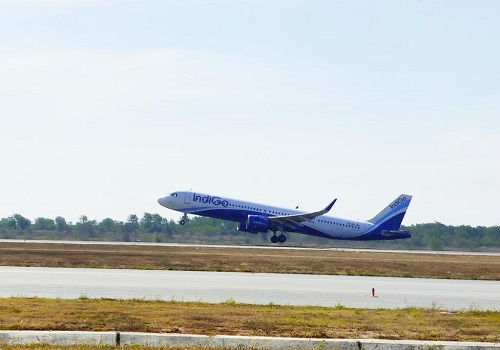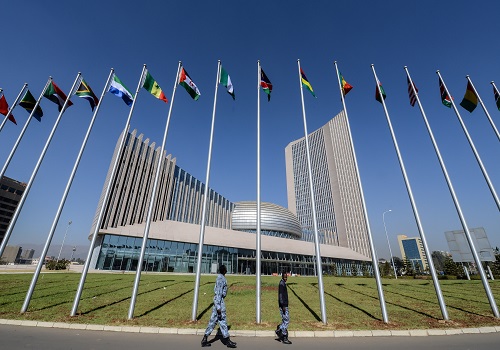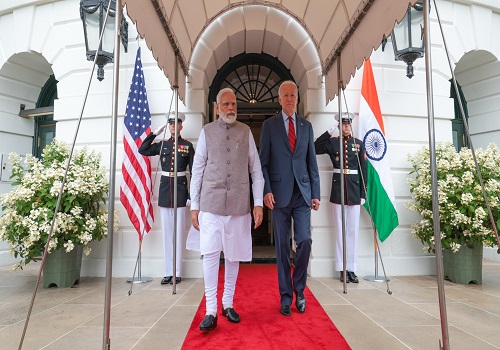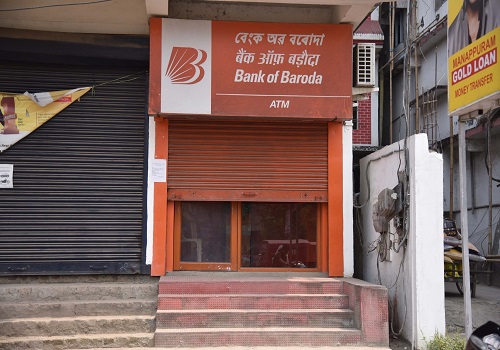Back to the land: Thai forest draws young, green farmers
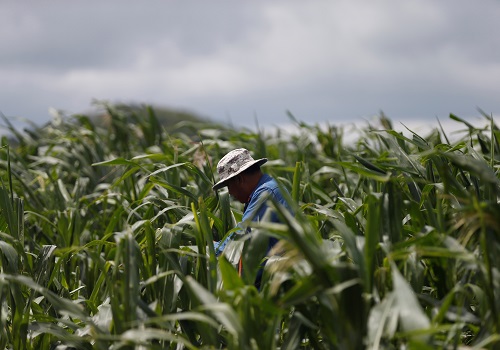
Follow us Now on Telegram ! Get daily 10 - 12 important updates on Business, Finance and Investment. Join our Telegram Channel
MAE THA, Thailand - Like many locals, Matthana Abhaimoon left rural Thailand to study in the city. Unlike most, she chose to come back - and fight for her right to farm in the forest as her forefathers had done.
After a 20-year campaign, residents of Mae Tha won a community forest title for their cluster of seven villages, joining a small but growing back-to-the-land movement that is luring young, eco-friendly farmers away from the city.
Under the order, she and about 5,000 villagers can farm some 3,500 acres (1,416 hectares) inside a protected forest in Mae Tha district, a mountainous region in northern Thailand which lies close to the region's biggest city of Chiang Mai.
It is no small victory in a country rife with old disputes over who has rights to land and its natural resources.
"Young people have new ideas about the environment, sustainability and food security, and they want to contribute. So they are also involved in the decision making," Matthana told the Thomson Reuters Foundation at Mae Tha community centre.
Residents and researchers say the title, with a 30-year lease ending 2045 - when it may be reviewed for extension - has already boosted conservation and jobs.
It has also encouraged more youngsters to stay put and embrace farming rather than run to the city.
"During the coronavirus, many young people who were in the city either lost their jobs or were afraid to stay on, and they moved back to the village and started farming," said Matthana, 41, a youth community leader.
"It shows this can be a feasible option."
INTO THE FOREST
About 20,000 villages and communities in Thailand are either partially or wholly situated within forest areas, according to government data.
The nation's community forests - where local residents make decisions about land use and management collectively - benefit about 3 million people, authorities say.
The Community Forest Bill of 2007 had sparked hopes of giving rights to forest-dependent communities, but authorities were slow to issue titles, according to land rights groups.
A Community Forestry Bill introduced in 2019 aimed to give villagers more say in managing resources, but has limited these rights for a fixed period of time and does not give ownership.
"Conservationists don't trust communities to take care of the forest, and authorities think giving a title will increase encroachments," said Chayan Vaddhanaphuti, director of the Regional Center for Social Science and Sustainable Development, a research organisation in Chiang Mai.
"So while there is a law, it is not being implemented, even though local communities can be a resource in helping prevent wildlife poaching and illegal logging, and the spread of wildfires," he said.
Authorities have pledged to resolve conflicts and issue more community land and forestry titles where feasible.
COMMON LANGUAGE
Rights to forest land are contentious worldwide, with indigenous and local communities from Brazil to India pitted against government officials and hardline conservationists.
About 2 billion indigenous and rural people live in conservation areas worldwide, according to Rights and Resources Institute (RRI), a Washington D.C.-based advocacy group.
But while indigenous and local communities own more than half of all land under customary rights, they only have secure legal rights to about 10%, estimates RRI.
The Thai forest reclamation order, enforced by a military leadership in 2014, aimed to end encroachments and conserve natural resources. The government also vowed to increase forest cover to 40% of total land area from about a third.
That goal threatens hundreds of thousands of people living in or near forests, with thousands jailed every year for trespassing, according to rights group Land Watch.
Against this backdrop, residents of Mae Tha sought the help of academics and architects to draw up a land-use plan to protect both natural resources and livelihoods.
They mapped existing land use and future proofed it, tallying water consumption and the risk of natural disasters, as well as forming committees to oversee conservation and record data.
"The participatory process enabled government officials and local communities to find a common language to speak to each other with data and agree on goals," said Supawut Boonmahathanakorn, an architect who helped draft the plan.
ORGANIC CAFE
Forests in Thailand have long been contested sites between the government, corporations, indigenous people and farmers.
The Mae Tha community says their ancestors settled in the area more than 300 years ago, foraging for bamboo and mushrooms, and felling trees to build homes.
Decades of logging by authorities led to deforestation, and Mae Tha residents were sometimes arrested for trespassing.
Since the title was granted, residents record their use of forest resources including timber - allowed in a designated area - and the area is now lush green.
The Mae Tha Agricultural Cooperative encourages organic farming of vegetables, fruit, corn and herbs. Government funds mean better irrigation systems and a store for their produce.
"The title has given us confidence to use the land in a more efficient manner, and gives us power to make decisions to solve problems and decide what is best for us," said Sawad Subajan, 67, a village committee leader.
"We have shown it is possible to preserve the forest while also ensuring development for the community - they can go hand in hand," he said.
A group of more than 20 young residents is pushing for 100% organic farming, and set up home delivery of their produce in the pandemic - a system now being expanded.
A tie-up with a big retail network has ensured demand for their organic produce, and their new organic cafe is thriving.
"The young people have ideas to promote Mae Tha - they feel more ownership, and have more of a role in the community now," said Matthana, as she walked past the chic and bustling cafe.
"I hope they will stay back - we have enough land, water, and food for everyone if we do this in a sustainable manner."
(Reporting by Rina Chandran @rinachandran; Editing by Lyndsay Griffiths. Please credit the Thomson Reuters Foundation, the charitable arm of Thomson Reuters, that covers the lives of people around the world who struggle to live freely or fairly. Visit http://news.trust.org)












 320-x-100_uti_gold.jpg" alt="Advertisement">
320-x-100_uti_gold.jpg" alt="Advertisement">




